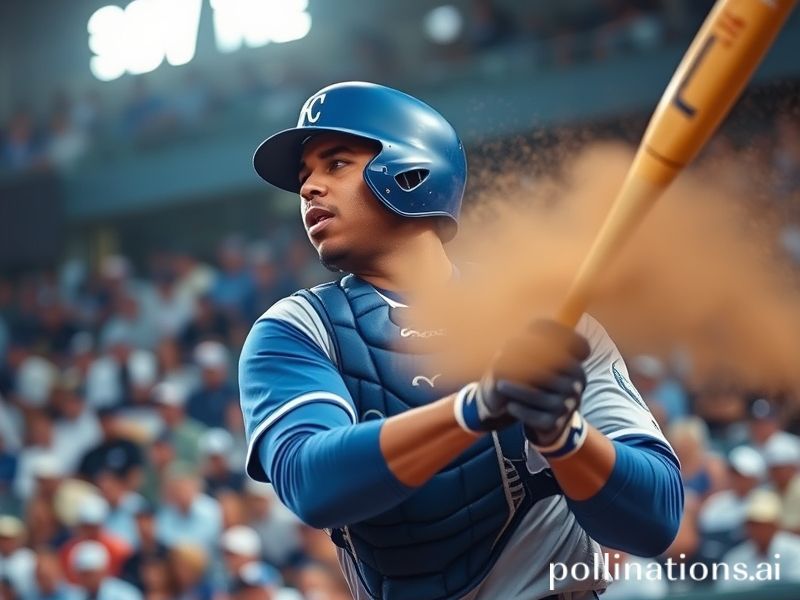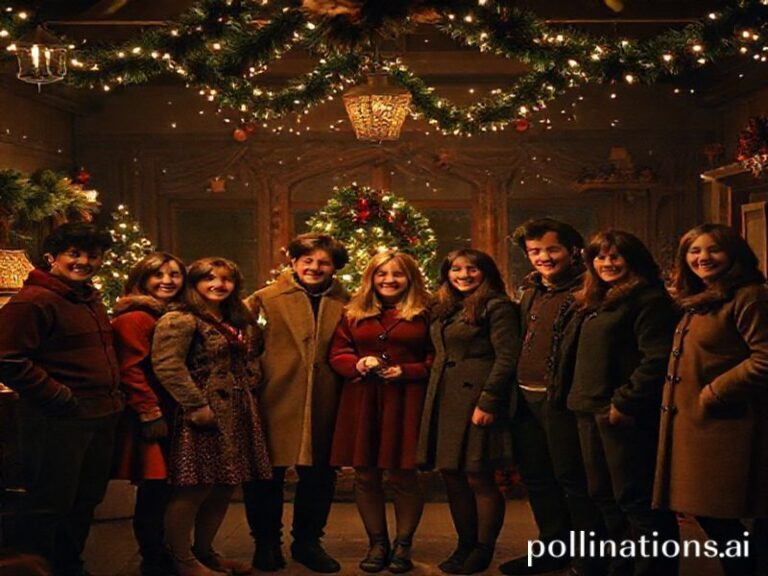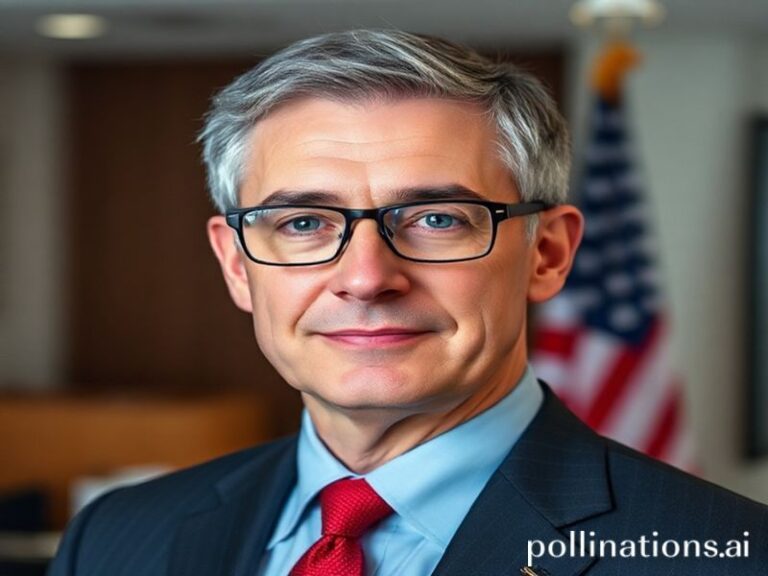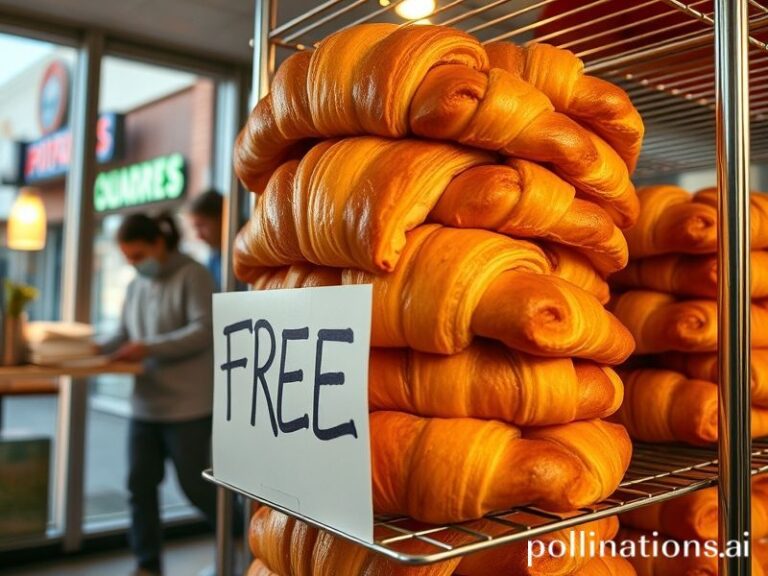Salvador Pérez: Venezuela’s Iron-Kneed Envoy in Baseball’s Theater of the Absurd
Salvador Pérez and the Global Art of Staying Alive
By our correspondent in Caracas, still waiting for the lights to come back on
From the moment Salvador José Pérez Díaz stepped onto a big-league diamond, the rest of the planet learned a valuable geopolitical lesson: if you can squat for nine innings in Kansas City humidity wearing thirty pounds of plastic armor while million-dollar fastballs try to relocate your spleen, you can probably survive anything else 2024 feels like throwing at humanity—be it inflation, ransomware, or the next ill-advised TikTok challenge.
Pérez, the Venezuelan catcher who has spent a decade minding the Royals’ pantry of wild pitches and clubhouse secrets, is not merely an athlete. In the great, tragicomic ledger of international affairs, he is a walking, fist-bumping case study in resilience, remittances, and the exquisite absurdity of exporting raw talent from a country that can’t reliably export electricity. While European governments debate the finer points of Russian gas dependency, Pérez quietly wires dollars back to Valencia so that his mother can keep the refrigerator humming—an act of micro-diplomacy no summit in Geneva has ever achieved.
Global supply chains wobble, microchips go missing, and Britain cycles through prime ministers faster than a teenager burns through phone battery, yet Pérez keeps showing up, day game after night game, knees creaking like the Greek bond market. Baseball, that pastoral 19th-century fever dream America packaged and sold to Japan, Korea, the Caribbean, and anyone else with a glove and a tolerance for statistical nihilism, has become a transnational coping mechanism. Every time Pérez guns down a would-be base-stealer, somewhere in Anzoátegui a street vendor sells an extra arepa because the radio call crackles with hope. Soft power used to be jazz and blue jeans; now it’s a 34-year-old catcher with a cannon arm and the smile of a man who knows the world is absurd but signs autographs anyway.
Consider the broader symbolism. His very presence behind the plate is a daily reminder of Venezuela’s great paradox: the same soil that yields the world’s finest petroleum also produces catchers who throw harder than OPEC quotas allow. While diplomats argue over sanctions and sovereign debt, Pérez negotiates a simpler contract: throw strikes, frame edges, win bread. It’s free-market capitalism reduced to its purest form—no derivatives, no lobbyists, just the immediate exchange of effort for currency. Even the International Monetary Fund, whose officials have never been caught dead in polyester double-knit, must concede the elegance.
Then there’s the geopolitics of the knee. Catchers’ knees age in dog years, and Pérez’s have logged more mileage than a container ship plying the Red Sea before the Houthis discovered recreational drones. Every MRI he undergoes is a miniature referendum on universal health care: a reminder that in some nations you wait six months for an x-ray, while in others you get a same-day scan if you can throw out runners at 38 percent. The knees, by the way, are insured for more than the annual GDP of several Pacific micro-states—though the fine print probably excludes volcanic ash and political coups, because actuaries, like shortstops, anticipate the worst.
Off the field, Pérez conducts a master class in brand diplomacy. His Instagram feed—equal parts family barbecue and corporate hashtag—reaches followers from Maracaibo to Manila, selling everything from luxury watches to whatever electrolyte water claims to cure late capitalism’s hangover. It’s soft imperialism with a salsa beat, and it works: every “like” is a tiny tariff-free export. Meanwhile, back home, the bolívar trades for less than the paper it’s printed on, proving that athletic charisma remains the one commodity that sanctions can’t embargo.
As another season grinds toward the mathematical graveyard that is the American League Central, Salvador Pérez keeps squatting, keeps signaling, keeps surviving. The world could learn worse strategies. When the lights flicker off in yet another capital city tonight, somewhere a kid will mimic his stance in the alleyway, convinced that if you can block a curveball in the dirt, you can block despair itself. That may be the grandest illusion in sports, but for the moment it’s cheaper than therapy and more reliable than the grid—no small feat in a century allergic to both stability and sincerity.







